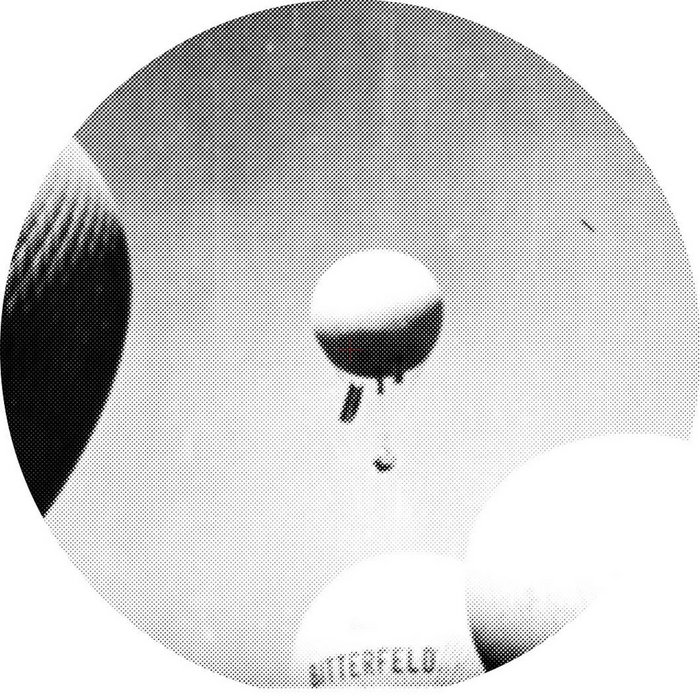
A1 – Guy Contact – Sabu – Bitterfeld
this blog is GROOVY – check out great Soul, Funk, Jazz, Hip Hop, Bass, Breaks , Reggae, House n many more TUNES
Bitterfeld Wolfen, a city in Germany known more for its industrial roots than rockin’ tunes, has surprisingly cultivated a unique musical scene over the years. From the smokestacks to sound waves, this place tells a story of innovation and groove.
In the late 20th century, as Germany divided into East and West, music became an escape for many artists in the former East Germany. Amidst all that smoke from factories in Bitterfeld Wolfen (seriously—get some air fresheners!), musicians began to form bands that blended traditional German sounds with edgy influences from across Europe.
In those days, you wouldn’t find glitzy concert halls; instead, you’d stumble upon hidden venues where underground bands would jam out against a backdrop of posters for resistance movements. Starting out with punk rock and later embracing synth-pop and new wave sounds, these artists brought life to what was otherwise gray city life.
One funny tidbit? Many musicians had day jobs working at local factories or even wandering around selling sausage rolls! Imagine rocking hard on stage one night and then flipping bratwursts on your day off!
As time rolled into the 1980s—those neon-clad years—the Bitterfeld Wolfen music scene caught on to synthesized beats. Bands like Fischerspooner (OK OK—I know they’re actually from New York but they could have been inspired by the vibe) embraced catchy melodies infused with technology. In our little corner of East Germany’s industrial landscape, local bands entered competitions at regional festivals showcasing their high-energy performances laden with electric drum machines.
A hilarious moment captured during this era involved two rival bands throwing synthesizers at each other during an argument about who had better keyboards! Thankfully no hearts were broken; it just turned into a legendary jam session where they battled it out musically instead!
Fast forward to the ’90s when grunge hit Europe harder than ever. Suddenly, among conservative whispers about rebellion came heavy guitars crashing through the fold—a little slice of Seattle made its way into Bitterfeld Wolfen cafés. Local legends sprang up like Punkdemonium, blending grunge riffs with lyrics about everyday struggles under smoky skies.
And what’s more? One band member famously tried DIY hair dyeing before their big show—and ended up looking like he had wrestled with his mother’s sewing kit! His multicolored mane became part of their brand until it naturally settled back down after lotsa shampooing…
Entering this vibrant century – oh boy! – there’s been an explosion not just locally but globally too! Artists in Bitterfeld Wolfen began weaving sounds together amidst emerging electronic genres alongside hip-hop beats thrumming through urban streets worldwide.
The annual Bitterfest now boasts eclectic lineups featuring everything from indie folk acts to energetic dance crews—an inflatable unicorn sometimes shows up too… don’t ask why!
Check this: One year at food trucks while waiting for tacos between sets—a lead singer accidentally grabbed someone else’s burrito thinking it was his snack stash—that’s right folks: Rock ‘n’ Roll meets Mexican cuisine magic gone wrong!
As we celebrate over three decades combining creativity amid industry grime using instruments as tools rather than mere toys—we can see how curious spontaneity fuels imagination within communities like ours here in Bitterfeld Wolfen.
If anything drives passion forward louder than ever—it springs forth laughter-filled moments shared amongst friends forging unforgettable connections via guitar strings vibrating joyously against dusty walls beaming bright colors onto dull evenings lit only by moonlight reflecting off factory windows nearby…
So next time you catch news about some obscure musician making ripples somewhere… remember them as humble dreamers evolving despite boundaries drawn far longer ago or witnessing trades less sensible yet overflowing heaps upon heaps brimming fun found always hiding behind every chord change invoked within concerts held sporadically round town tonight—you never know when magical hilarity awaits around every corner nestled inside song lyrics dancing whimsically along spirited melodies strummed so effortlessly… 🎸✨

A1 – Guy Contact – Sabu – Bitterfeld